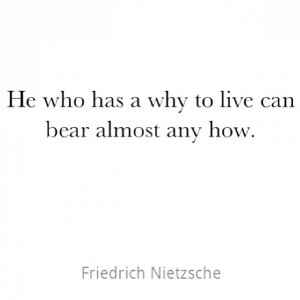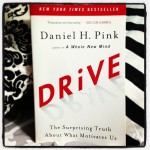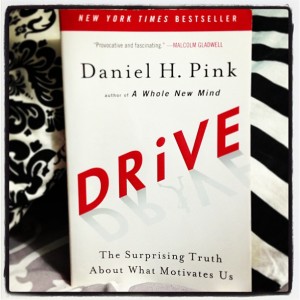
More Free Stuff
 I planned to write about Dale Carnegie’s book How to Win and Influence People in the Digital Age, but I have no desire to write about that book right now. For some reason that doesn’t feel like a huge priority – even though I read the whole thing, took notes, and planned out a bunch of posts. Maybe later.
I planned to write about Dale Carnegie’s book How to Win and Influence People in the Digital Age, but I have no desire to write about that book right now. For some reason that doesn’t feel like a huge priority – even though I read the whole thing, took notes, and planned out a bunch of posts. Maybe later.
So instead I’ve spent time adding a ton of new free stuff to my free page and getting a new logo designed for the blog. What you think of that new logo on your right? For now, let me tell you about some of the new free stuff I’ve found on the interwebs.
First off, if you sign up here, I’ll give you this great PDF that summarizes all the principles I’ve written about on the blog and hyperlinks directly to the related posts...












